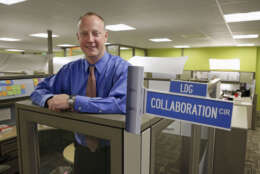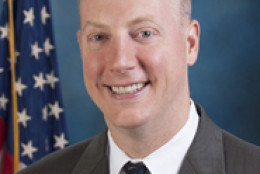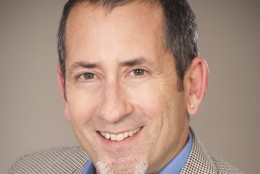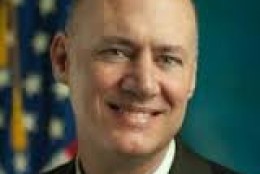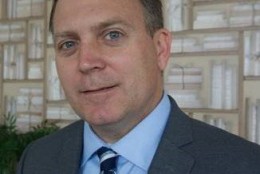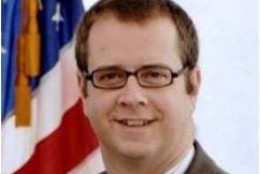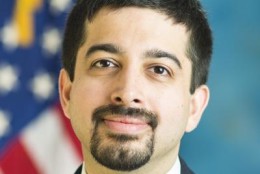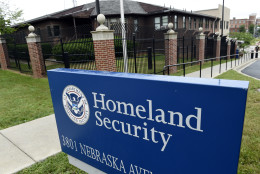Centers for Medicare and Medicaid Services
-
CMS is currently working on an innovative approach to health care spending, called the accountable care initiative. The idea is to coordinate care within accountable care organizations in order to provide better patient outcomes and quicker recovery times, while reducing the number of admissions and re-admissions.
September 29, 2016 -
Few places match the pace of innovation in health care found at the Centers for Medicare and Medicaid Services. Dr. Patrick Conway, the deputy CMS administrator for innovation and quality and its chief medical officer, tells Federal Drive with Tom Temin size and scope of CMS.
September 26, 2016 -
The Centers for Medicaid and Medicare Services responded to a Reporter’s Notebook story that highlighted concerns about a recent contract award for the cyber protections of Healthcare.gov portal.
September 12, 2016 -
Medicine errors, infections, pressure ulcers - they kill tens of thousands of hospital patients every year. But in the last several years, the level of preventable harm has fallen nearly 40 percent. That's due in large part to a concerted effort by the Centers for Medicare and Medicaid Services, working in concert with 3,700 hospitals under its Partnership for Patients program.
September 09, 2016 -
Approve of them or not, these vast and Byzantine federal programs at the ground level provide lifelines to millions of people. So summary execution of them is no answer.
September 07, 2016 -
Industry sources say a $67.6 million award contract to Iron Vine Security is concerning because the agency may have used a low-cost, technically acceptable approach.
September 06, 2016 -
Dave Nelson is leaving the Centers for Medicare and Medicaid Services to be the Nuclear Regulatory Commission’s CIO while Karen DeSalvo left her role as coordinator for health IT to focus full time on being acting assistant secretary for health.
August 15, 2016 -
Government contractors and GAO are likely to be busy this summer responding to several billion-dollar solicitations for IT services and dealing with the corresponding protests from the losing bidders.
May 31, 2016 -
Despite a reminder from the chairman of the House Oversight and Government Reform Committee, federal agencies haven't reviewed their data on Social Security numbers in nearly a decade.
May 30, 2016 -
A big data palooza for the health care field has just kicked off here in Washington. For what to expect, Federal Drive with Tom Temin asked Niall Brennan, chairman of the Health Data Palooza and chief data officer at the Centers of Medicare and Medicaid Services.
May 09, 2016 -
Agencies are swimming in data, and they're looking for ways to sift through the noise and identify the most important pieces of information to help them make meaningful decisions more quickly and accurately.
May 05, 2016 -
The Social Security Administration is pairing up with the Center for Medicare and Medicaid Services to ensure that social security benefit recipients over the age of 90 are, in fact, still alive.
April 08, 2016 -
To help control costs, Centers for Medicare and Medicaid has been experimenting with a program to pay qualifying health care providers based on outcomes rather than on transactions. CMS Innovation Director Rahul Rajkumar tells Federal Drive with Tom Temin 30 percent of Medicare and Medicaid expenditures are through the so-called accountable care organizations a year ahead of schedule.
April 05, 2016 -
The Department of Health and Human Services' inspector general highlighted several areas agencies should focus on when developing IT projects, including creating a badgeless culture with industry partners, better integration of policy and technology and a “ruthless prioritization” of capabilities.
March 24, 2016 -
The Office of Information Policy published data on FOIA request processing from the annual reports of 100 agencies.
March 15, 2016

